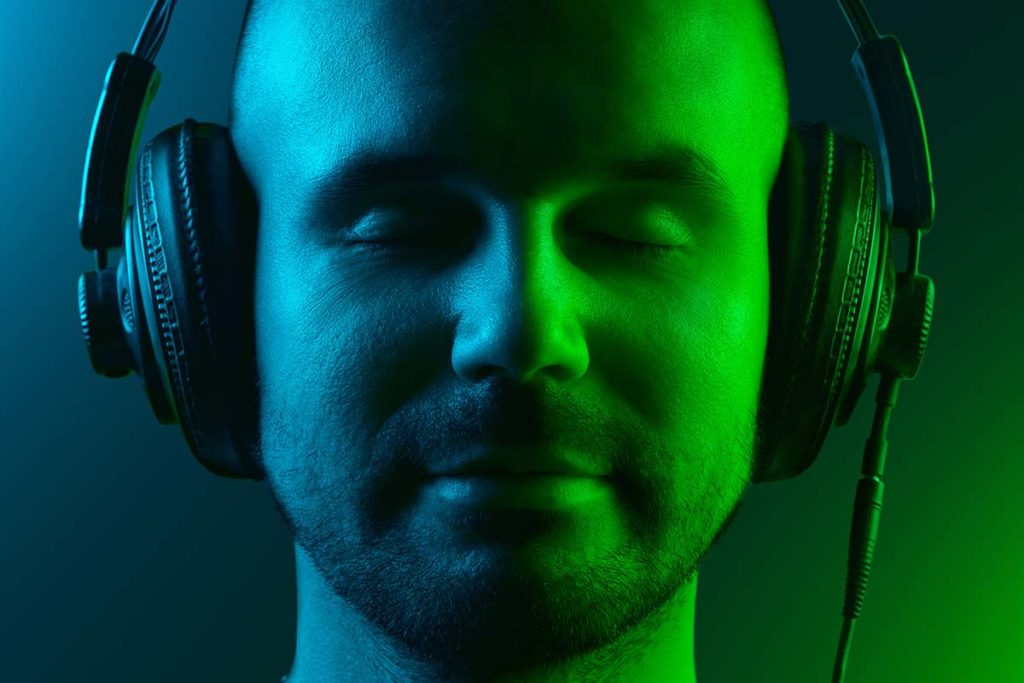Modern rehab programs have a wide range of tools to help you recover from substance problems. You may have heard about frontline recovery options such as medication and behavioral therapy. However, you may be less familiar with some secondary options used in top-quality addiction rehabs. One such option is music therapy for addiction treatment. Research shows that multiple forms of a music therapy program provide real-world benefits for effective drug and alcohol recovery.
What Is Music Therapy for Addiction?
Music therapy applies to any use of music-based methods as a form of healthcare or treatment. Not all rehab programs use the exact same methods. However, common examples of music therapy activities for addiction include:
- Games that make use of music
- Passive music appreciation
- Lyric and music analysis
- Music-making
- Both improvised and composed music writing
- The pairing of music with movement
- Music-based relaxation training
- Instruction in how to play an instrument
You don’t need any prior experience to participate in music therapy. In addition, you don’t have to like a particular genre of music. In fact, the focus is not on music. Instead, the focus is on what music can do for your recovery. You simply have to engage in the process as your therapist guides you.
Increased Self-Expression in Music Therapy for Drug and Alcohol Addiction
Drug and alcohol addiction is frequently accompanied by social withdrawal and secretive behavior. Some people affected by addiction are unwilling to express themselves openly. Others have actually lost at least some of their capacity for open expression.
Participation in music therapy provides a way to get around addiction-related communication problems. How does it do this? By offering a ready channel for non-verbal expression. This form of expression is often freeing for people in recovery. That’s true because it helps them access thoughts and feelings that might otherwise remain blocked. In turn, greater access to your thoughts and feelings can improve your ability to engage in the treatment process.
Positive Outcomes of Music Therapy for Addiction Recovery
Research shows that music therapy provides some other important general benefits. Benefits of this type are available regardless of the specific form of therapy in use. They include such things as:
- Reduced exposure to negative mental states that can reinforce addiction
- Lower overall levels of stress and anxiety
- A more honest perspective on the impact of addiction
- Less shame about being affected by addiction
In addition, all forms of music therapy can strengthen your commitment to staying drug- or alcohol-free.
Benefits of Specific Music Therapy Activities for Addiction
Music therapy also has more limited benefits, specifically for drug addiction or alcohol addiction. These benefits are associated with specific forms of the therapy. For example, lyric analysis can help improve your baseline emotional state. The same holds true for composed or improvised songwriting.
Certain kinds of music-making also provide specific benefits. For example, drumming can help you feel more relaxed in daily life. It can also help people who have a history of substance relapses.
Learn More About Music Therapy for Addiction Recovery at Northpoint
Have more questions about music therapy for addiction? Talk to the recovery specialists at Northpoint Colorado. We’re familiar with the many benefits of this secondary addiction treatment. We can also help you determine if it’s a good option for you.
Music therapy is just one of the recovery supports offered at Northpoint Colorado. We feature a full slate of additional options. No matter the nature of your substance problems, we’ll help you devise a treatment plan that works for you. For more information, just call us today at 888.231.1281. We’re also available through our online contact form.

